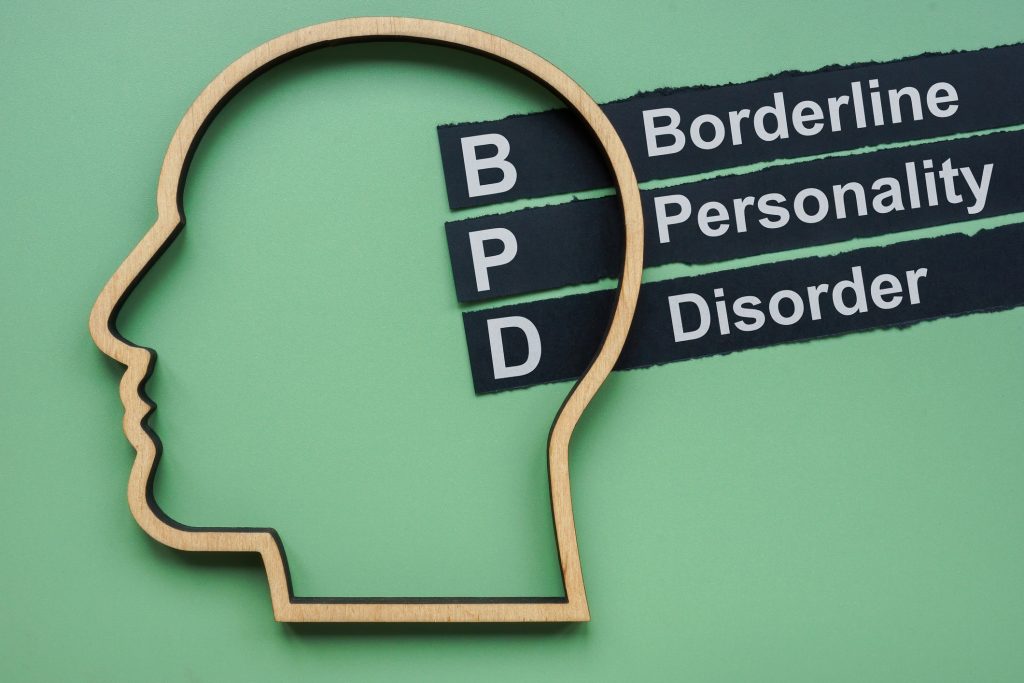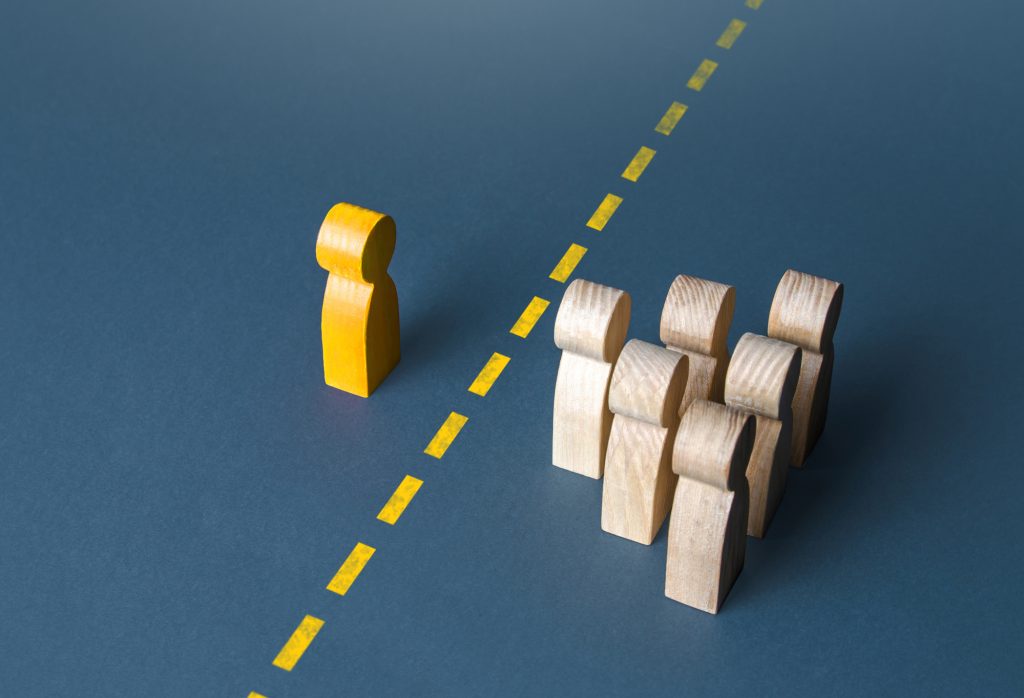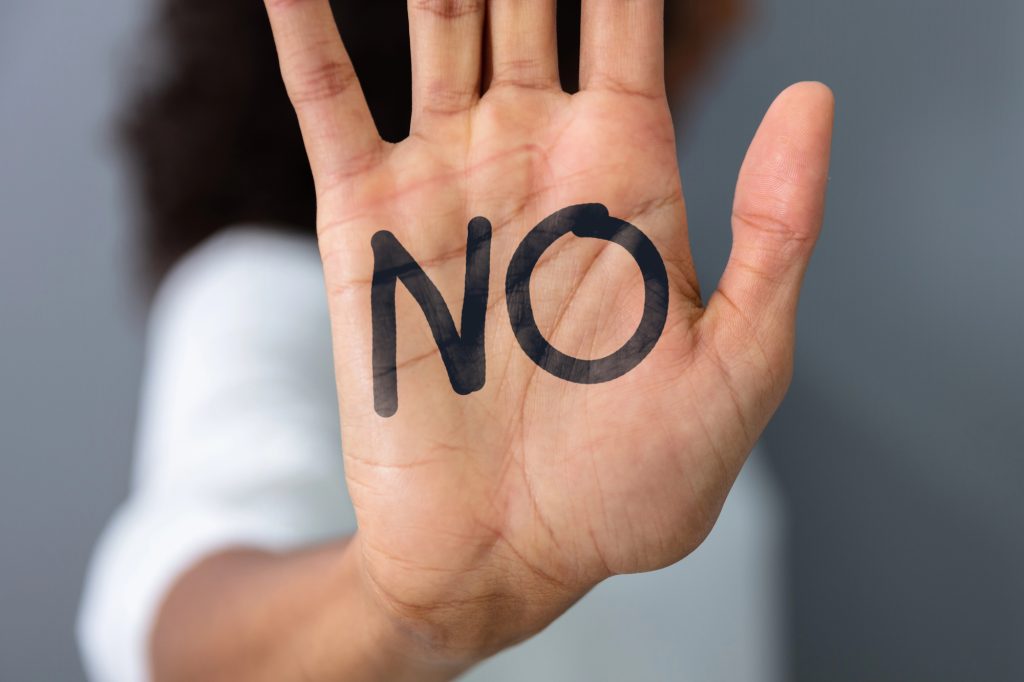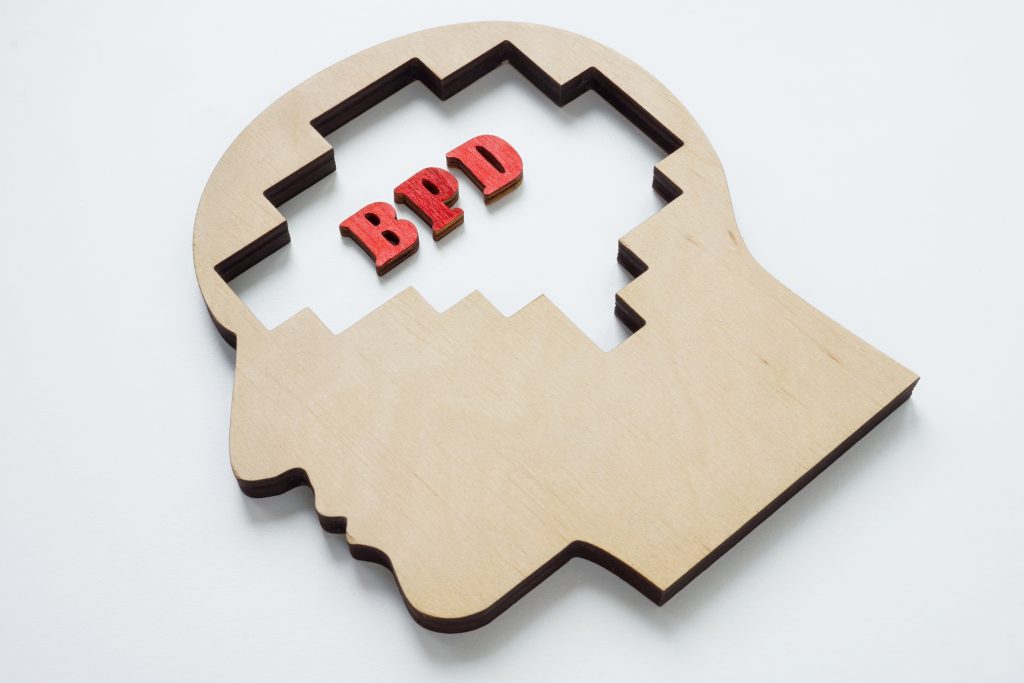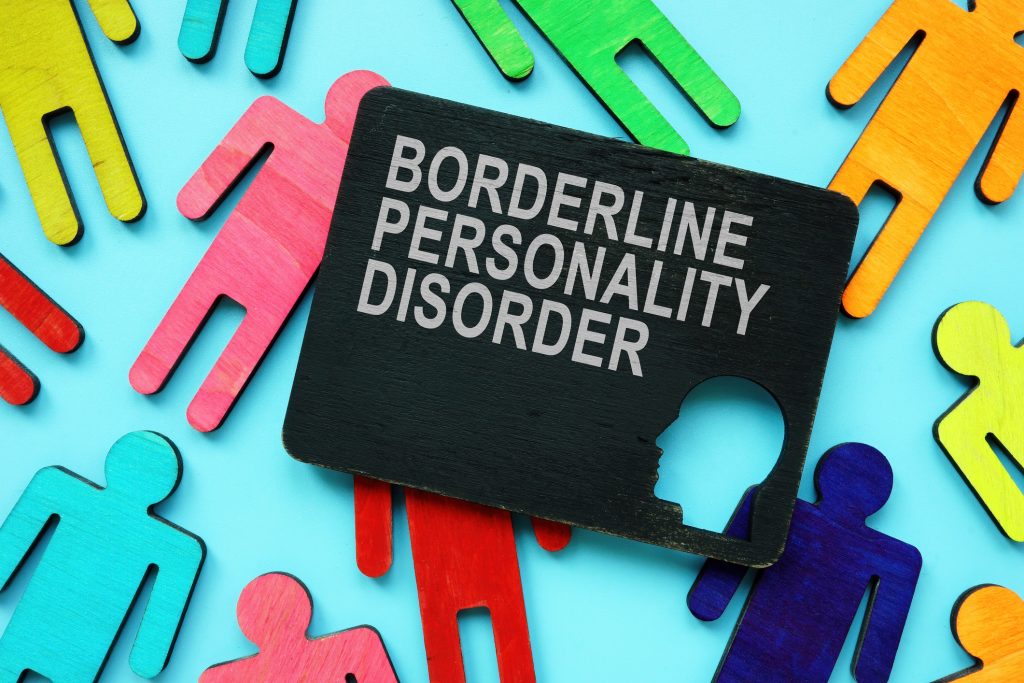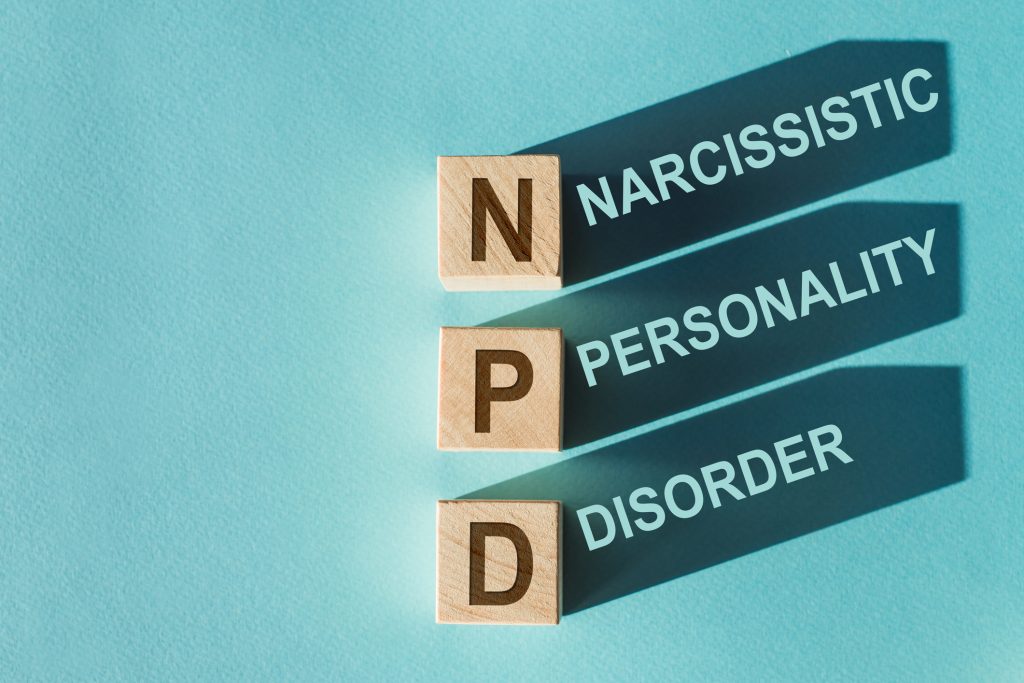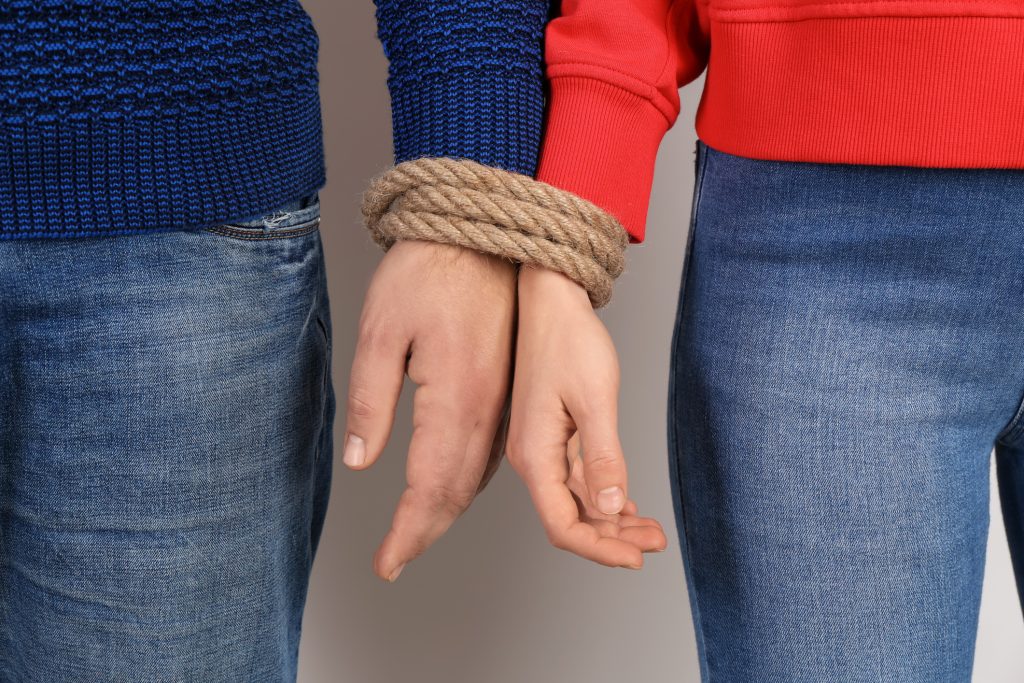
The Invisible Chains of Masculinity
“Okay, but why didn’t he just leave?” That question says more about our culture than it does about him. The uncomfortable truth nobody wants to face is that men who stay in abusive relationships don’t do so out of weakness but because many of our world’s cultures share one thing in common. They’ve over-socialized men into being “good.” And when we say “good,” we’re not talking in the moral sense. Most cultures around the world teach men that to be considered “good,” they must be obedient, guilt-ridden, and valuable.
They must be strong; they must be the support, if not the foundation.
Many men are raised with the implicit belief that their value is measured by how much pain they can endure without crumbling. Crying? “That’s weak, bro; she’ll have an ick.” Leaving your crazy girlfriend who is delusionally jealous over you? “Bro, you’ll never find someone that’ll love you like that; don’t be stupid.” Setting boundaries? That’s selfish and controlling. And the worst part? They wouldn’t dare let a woman pay for them, not because they’re selfish, but because society teaches men that their worth lies in providing and only providing. Consider a man who has been raised on such a blueprint, placing him in a relationship with someone emotionally abusive or emotionally unstable, and you’ll witness the unfortunate tale of many men in our world today: enmeshment disguised as love and codependency dressed in heroism.
“If you love her hard enough, sacrifice long enough, and stay still enough, your partner will finally stop testing you.” “You can’t be a victim; you’re a man after all.” So, he practices stoicism as if it were a duty and slowly withers away on the inside. If the charming prince falls off his horse, it had better be the last thing he does.
This isn’t about blaming women or glorifying male suffering; it’s about dismantling the myth that endurance is noble. “Leaving is retreating; it’s giving up. Men don’t give up.”
According to a 2021 report by the CDC, one in seven men experienced severe physical abuse from an intimate partner. That’s no typo. Emotional abuse? It’s even more common, yet significantly underreported because men are conditioned to internalize, rationalize, and stay silent about it. There is no hotline in their imaginations. No language, no mirror that reflects their sorrow back to them with compassion. Here’s a tip: if you’re a man reading this and any of it feels familiar, start by writing down the simplest details that don’t sit well, not for anyone else, but for yourself. It’s how your brain learns to allow you permission to detect patterns.
Next, speak to someone whom you trust. Someone who genuinely listens, not someone who will encourage you to “man up.” If possible, seek professional help, whether through counseling or clinical therapy. Although they may not be apparent, your emotional wounds are genuine. You’re not broken, nor are you weak. You’ve been following a script that punishes your self-preservation and rewards your silence. But the truth? Suffering is unnecessary for love. Your ability to endure suffering like a resilient punching bag has never been what made you valuable. Stop sacrificing yourself to win “love”.
Leaving is the most courageous thing a man can do, especially when he’s been taught that staying is proof of love, because it isn’t; nor is it loyalty; it’s torture. You don’t need to prove your manhood by surviving your partner’s chaos. You prove it by choosing peace over performance. People learn to love you the way you love yourself, and that is only evident through the boundaries you set. That’s the kind of strength we should start applauding.

